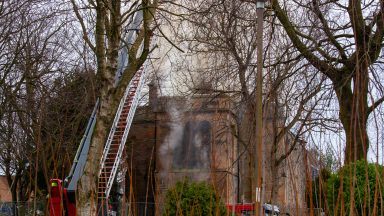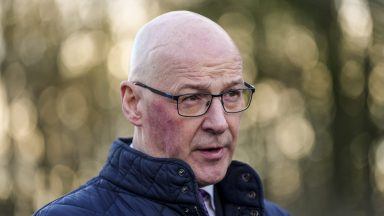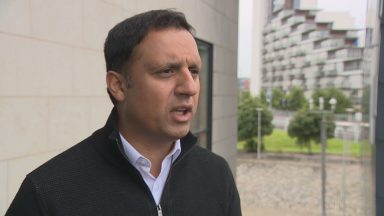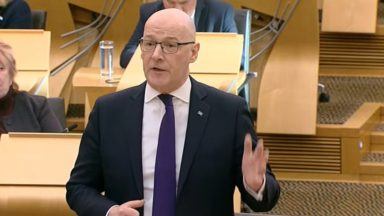The Scottish Government’s delay in setting up an inquiry into historic child abuse was “woeful and wholly avoidable”, a judge has said.
Lady Smith on Wednesday published her findings into why calls for a public inquiry to be held were resisted by ministers between August 2002 and December 2014.
She looked at the response to a petition submitted by an abuse survivor in August 2002 calling for an inquiry and an apology on behalf of the state, and at key issues raised by other adult survivors.
It was not until December 2014 that the Scottish Government announced a national public inquiry into historical abuse of children in residential care.
Lady Smith, chair of the Scottish Child Abuse Inquiry, said that between 2002 and 2014, there was “no appetite” within the Scottish Government, at official or ministerial level, for setting up a public inquiry.
She said: “For far too long survivors’ voices were not listened to, nor heard; they were treated as if their views did not matter and as if they were not worth listening to, just as when they were abused in care.
“The Scottish Government failed to grasp the fundamental importance that survivors appropriately and justifiably attached to their need for justice, accountability and redress.
“Justice is not a service, and those who call for it where it has been denied are not customers of a service that may or may not be available depending on the choice of the administration of the day. That key point was missed.”
She said that officials and legal advisors wielded “significant power and influence” and that ministers relied heavily on their advice and generally followed their recommendations.
Lady Smith said that by following advice and by not questioning it when they should have done, key aims of the petition were resisted for “far too long”.
Former first minister, Lord Jack McConnell, the deputy first minister, John Swinney, and former education minister, Peter Peacock, were among those who gave evidence to the inquiry between November 17, 2020 and December 4, 2020.
The judge said that there was a “marked lack of urgency” in the Scottish Government’s approach to addressing justice, accountability and redress between 2002 and 2014, although during that period a significant number of survivors of childhood abuse in care in Scotland died.
Lady Smith said that “for them, justice delayed was justice denied”.
She also said that over that period of time the Scottish Government regarded survivors’ needs as primarily health needs, which she described as ” inappropriately paternalistic.”
The then first minister Jack McConnell made an apology in the Scottish Parliament for past institutional child abuse on December 1, 2004.
However Lady Smith said its wording was “extremely cautious, drafted in a hurry”, and “was not an apology on behalf of the state”.
The Scottish Government has been asked for comment.
Lord McConnell, who was first minister between 2001 and 2007, said: “In my view, an inquiry should have taken place when the court cases of the survivors were thrown out nearly 15 years ago and the survivors of historical child abuse deserve respect and praise for their bravery and persistence which has finally given them the opportunity to be heard.
“Lady Smith has drawn important conclusions based on the evidence she has heard and I thank her for that. The judgements made by my ministers were made in good faith within a complex legal environment.
“The delays in communication and the way decision-making was managed were not acceptable then or now. There are lessons here for everyone including for the quality of legal and policy advice within the Scottish government.
“I hope that current and future Scottish Governments can learn from that.”
Follow STV News on WhatsApp
Scan the QR code on your mobile device for all the latest news from around the country


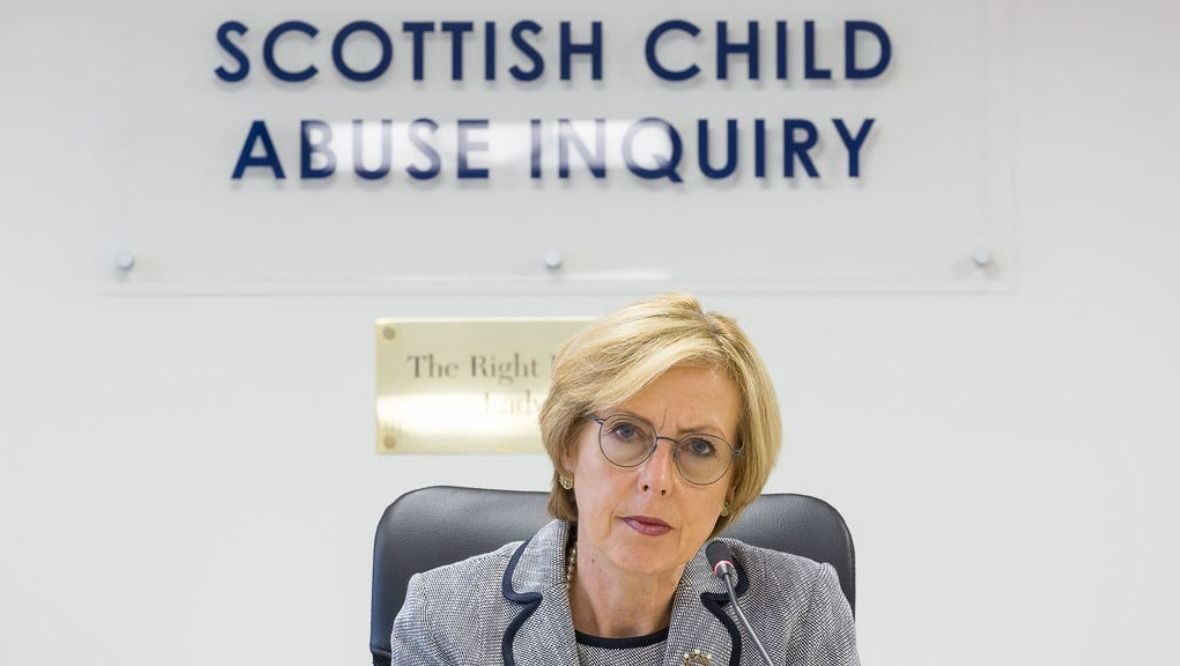 PA Ready
PA Ready






